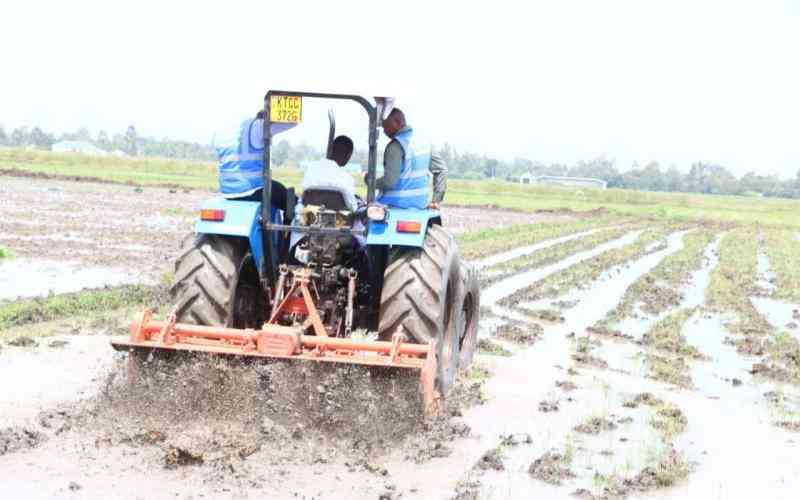×
The Standard e-Paper
Stay Informed, Even Offline

Kepha Odongo, 47, who hails from Buyuku area in Budalang'i constituency has seen it all.
Over the years, Odongo and his family have always been forced to seek refuge at higher grounds due to heavy downpours and flooding in his village.